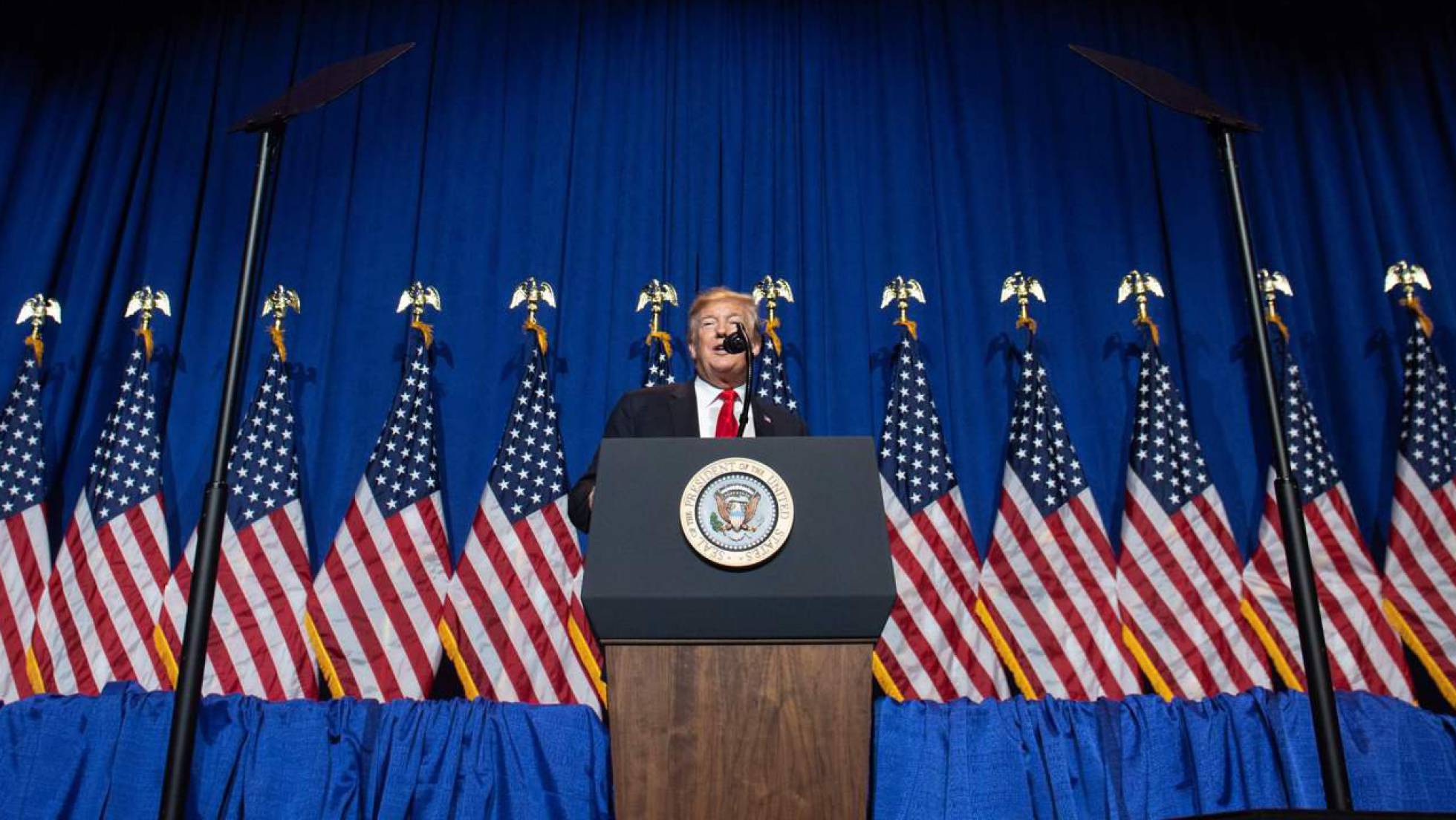
Green, Go!
The comment, delivered in an arrogant tone, gives a sense of the atmosphere of an embassy that controls where U.S. citizens who come to the country go, with whom they speak and what they do. This is an embassy that today also believes it has the right to tell members of the Colombian Congress how to vote on legislation and to tell Colombian judges how to rule on legal decisions. It is also an embassy from which the Drug Enforcement Administration has launched a strategy of judicial entrapment against the JEP* and the peace process.
There is no doubt that Whitaker carries a lot of weight in Colombia; and that is why the ambassador has to go. Because behind the unprecedented interventions that have been cooked up inside the gringo embassy, there may be less strategy and more diplomatic dysfunction.
This dysfunction starts with the very reason that Whitaker has been in Colombia for so long. Whitaker was nominated by Barack Obama in 2013 to be the ambassador to Bogotá. But he was left out of the peace process when Obama himself named Bernie Aronson as special envoy to the negotiations in Havana. This rebuff had time to get metastasized in Whitaker’s wounded ego thanks to the fact that Donald Trump’s first nominee to replace Whitaker in Bogotá, Joseph Macmanus, was blocked during the approval process in the United States Senate by the same Republican Party.
At that time, Adam Isacson, U.S. analyst on Colombian issues, commented that it was an example of “Washington’s dysfunction” in the Trump era. It was a mess spewing out in Foggy Bottom, in the State Department, from which experienced diplomats were being dismissed. This is where ex-oilman Rex Tillerson, who never knew where he stood, arrived, and where key posts, such as the undersecretary of state for Latin America, were left vacant for months.
In this void, the imperial temperament of our current ambassador has grown. But it was not just because of the chaos in Washington that it was able to grow. In the Bogotá savannah, he encountered two key fertilizers that now make it possible to mess with our sovereignty: one in the bunker of Colombia’s Attorney General Néstor Humberto Martínez, and one in the Casa de Nariño, the official residence of Colombian President Iván Duque Márquez.
About Martinez, we know that he is willing to sacrifice anything in order to advance his personal agenda. If he could sacrifice his friend Jorge Pizano,** what would judicial sovereignty mean to him? In this case, anything that might divert attention from his troubles with Odebrecht. About Duque, up until now, we have known more about his enthusiasm for the United States than about his support of Colombia.
What would the fathers of our country – not Thomas Jefferson, President Duque, nor George Washington – think when 200 years after our independence, we don’t have a government that can stand up to an ordinary ambassador, carried away by his opinion, who demeans our national sovereignty?
*Translator’s note: The JEP (from its Spanish acronym) is the Special Jurisdiction for Peace, the transitional justice component in the peace agreements between the Revolutionary Armed Forces of Colombia (FARC) and the Colombian government.
**Translator’s note: Jorge Enrique Pizano, a key witness in the Colombian corruption trial involving the giant Brazilian conglomerate Odebrecht, died unexpectedly before the completion of the proceedings.


